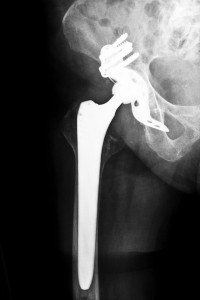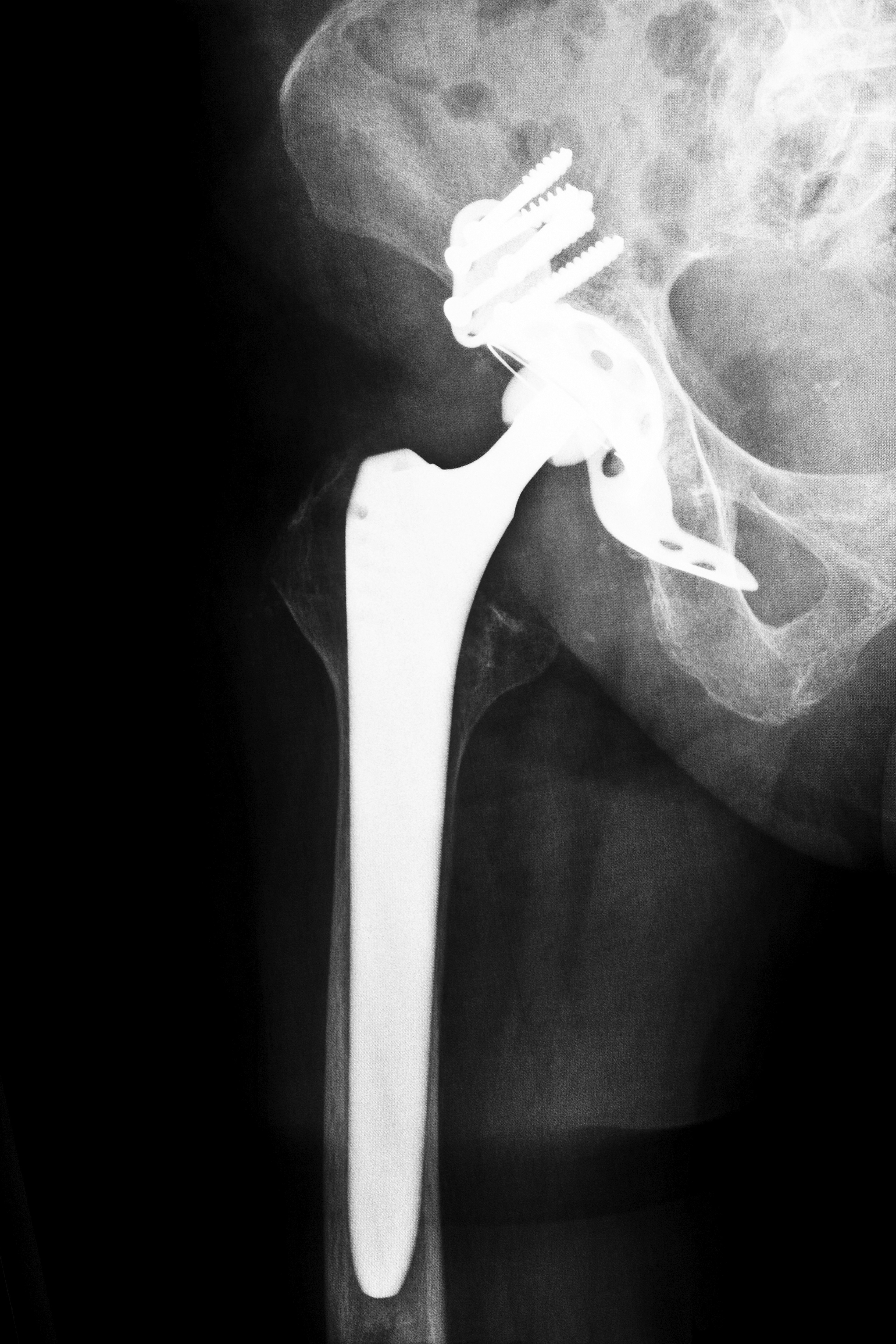 Attorney Group for California has created a list of some of the most frequently asked questions regarding metal on metal hip implants and lawsuits filed against them. If you have received a metal on metal hip implant and you are currently experiencing complications such as increased pain, swelling, reduced mobility, or early failure of the device, please contact Attorney Group for California today to learn more about your options.
Attorney Group for California has created a list of some of the most frequently asked questions regarding metal on metal hip implants and lawsuits filed against them. If you have received a metal on metal hip implant and you are currently experiencing complications such as increased pain, swelling, reduced mobility, or early failure of the device, please contact Attorney Group for California today to learn more about your options.
1. I don’t know if my symptoms indicate a serious problem. What should I do?
First and foremost, seek medical attention if you believe that you are suffering from complications due to early device failure or metal poisoning. After you have received the appropriate care and have had a physician evaluate your symptoms, it is important to seek legal counsel to determine whether you are able to file a lawsuit for compensation for damages from a defective hip implant.
2. Are there any recalls for metal on metal hip implants?
Yes. Several metal on metal hip implants have been recalled, including:
- Stryker Orthopaedics: Rejuvenate and ABG II Modular-Neck Hip Stems
- DePuy Orthpaedics: ASR Hip System, the metal cup in the Pinnacle System
- Biomet: M2a Magnum
- Smith & Nephew: R3 Acetabular System
3. I don’t know if I received a recalled device. Is there any way to find out?
Yes. The quickest way to go about determining the model of your implant is to reach out to your surgeon, as he or she is required to document the devices they use in all surgical procedures. If he or she is unable to be reached, you can then request a copy of your operative report that will clearly state the type of implant you received.
4. How do I tell if my hip implant has failed?
If your hip implant causes severe problems or complications such as metallosis, increased pain, swelling, difficulty walking, or noises coming from the hip joint, you might be suffering from early device failure. These could all be signs that the implant is no longer functioning as intended, and the patient’s symptoms can worsen over time, often leading to one or more revision or removal procedures. Seek medical help to determine if this could be due to a hip implant failure, then seek legal counsel to determine your next steps.
5. Do I have a case if I haven’t been injured?
Even if you are not experiencing problems, you may wish to speak to a lawyer as the long-term complications associated with metal on metal hip implants, including metal toxicity, has yet to be determined. If you wait until something goes wrong, it may be too late. While you may not have a case, an attorney can help to make that determination, as it is often “better safe than sorry.”
6. Are there any lawsuits in the U.S.? What are the claims?
Plaintiffs have filed lawsuits against several medical device manufacturers, alleging that the companies failed to adequately research their products and warn consumers of the potential dangers. Plaintiffs have claimed to suffer from metallosis, early device failure, increased pain, reduced mobility, and additional revision procedures to correct the damage reportedly caused by the implants.
7. What happens next?
If you believe that your condition was directly caused by a metal on metal hip implant, consider seeking legal counsel to learn more about your options. However, the time to file a lawsuit in California is limited, so contact an attorney as soon as you feel as though you have a case.
Do You Have a Case in California? We Can Help
Attorney Group for California understands it can be financially and emotionally devastating when a patient uses a medical device that is intended to help him or her, only to suffer from complications and worsening symptoms later down the road. To schedule a free case evaluation and determine whether you have a case, please contact us today. If you decide to seek damages for your condition, we can connect you with one of our affiliated attorneys who can further help you. Call today.






